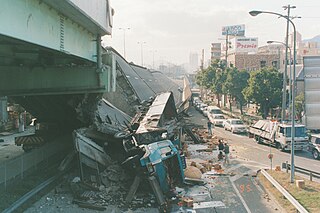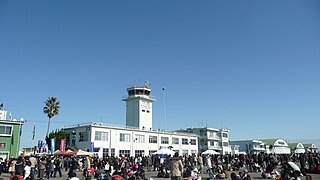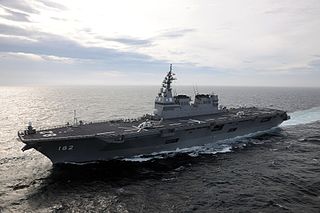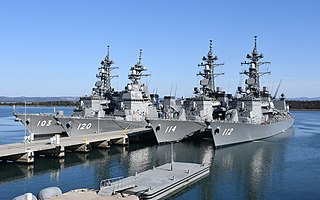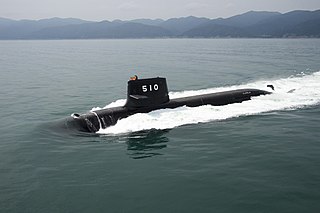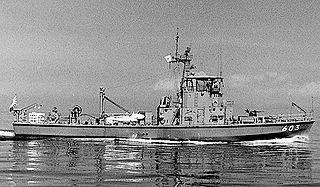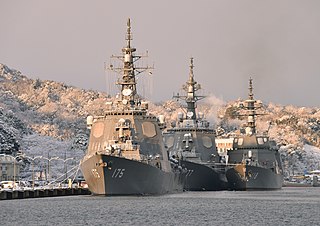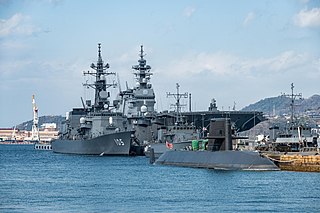History
1952, 1 August, established by the National Safety Agency Security Force, the Japan Coast Guard 5th Regional Coast Guard Headquarters "Route Enlightenment Department" was renamed "Osaka Route Enlightenment Corps" and was incorporated into the Yokosuka District Force Western Route Enlightenment Corps. 1 November, the 5th Mine Warfare Force was newly incorporated into the Osaka Route Enlightenment Corps.
1953, 16 September, Osaka route enlightenment corps is abolished. "Osaka Base Corps" was newly transferred to the Kure District Base Corps.
1954, 1 July, the Maritime Self-Defense Force was established, and the Kure District Force was newly formed and transferred to subordinates. 1 October, new edition of Yura Base Division.
1955, 16 December, new edition of Kaya Magnetic Measurement Station.
On 31 March 1957, new edition of Awaji Guard Station.
On 1 May 1959, Kobe base detachment is newly formed.
1961, 31 March, the 5th Mine Warfare Force was abolished.
On 15 June 1963: Incorporated the 2nd Port Patrolling Corps.
On 30 March 1968, the Osaka Base Corps headquarters moved to Kobe City and renamed from "Osaka Base Corps" to "Hanshin Base Corps". Kobe base detachment abolished, Osaka dispatch corps reorganized.
On 1970, 2 March: The 31st Mine Warfare Force was incorporated from the Kure District Force. 30 September, The Osaka Detachment was abolished.
On 31 March 1972, the 31st Mine Warfare Force was abolished. Incorporated the 33rd Mine Warfare Force from the 2nd Mine Warfare Force.
On 28 August 1974, the 33rd Mine Warfare Force was abolished. Incorporated the 41st Mine Warfare Force from the 1st Mine Warfare Force.
On 1 December 1975, Awaji Guard Station is abolished. New edition of Kii Guard Station.
On 27 March 1986, The 41st Mine Warfare Force was abolished. Incorporated the 45th Mine Warfare Force.
On 28 November 1990, the 45th Mine Warfare Force was abolished. Incorporated the 15th Mine Warfare Force.
On 20 October 1992, The 2nd Port Patrolling Corps was abolished. Incorporated the 1st Port Patrol.
On 19 March 1997: Renamed the 15th Mine Warfare Force to the 42nd Mine Warfare Force due to the revision of the corps number.
1998, 22 June, the 1st Port Patrolling Corps was abolished.
On 3 June 2013: Kii Security Office was abolished























